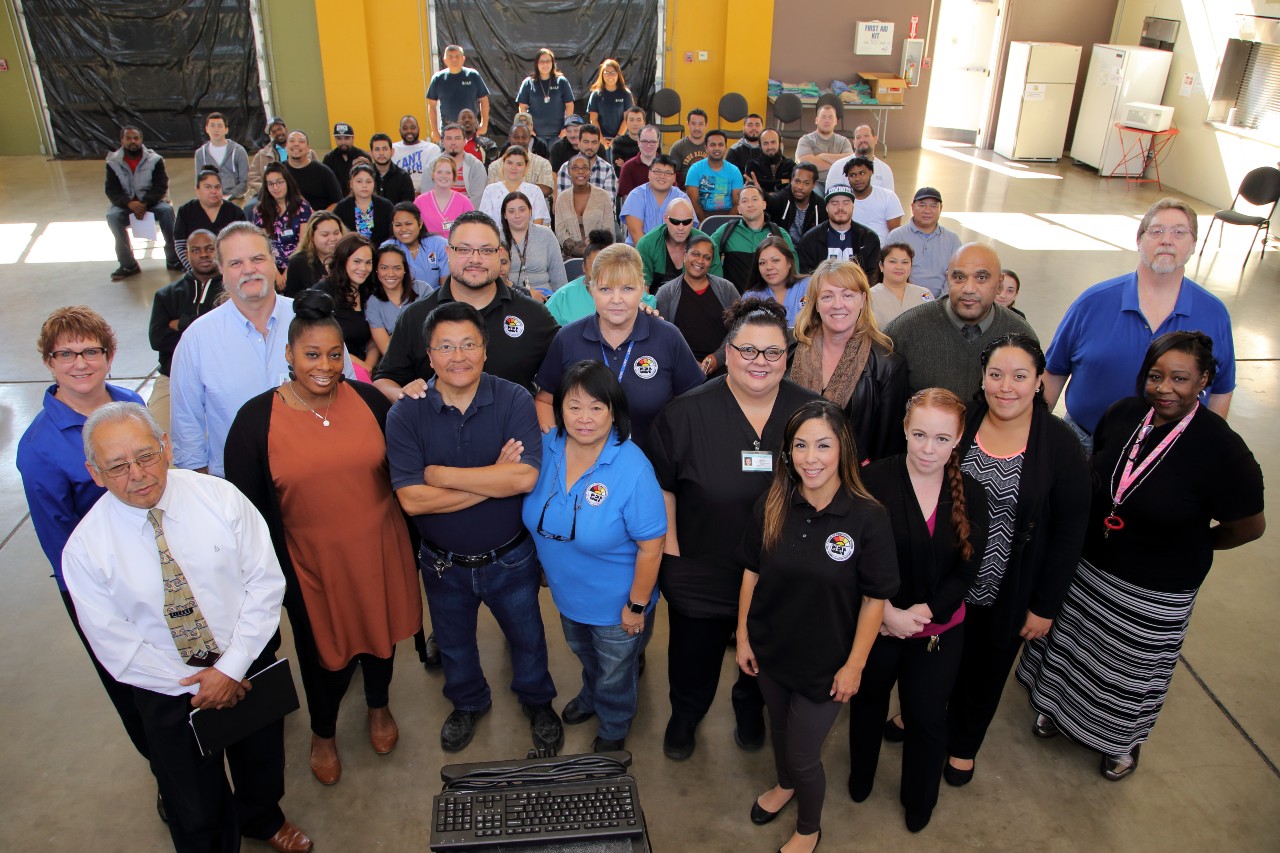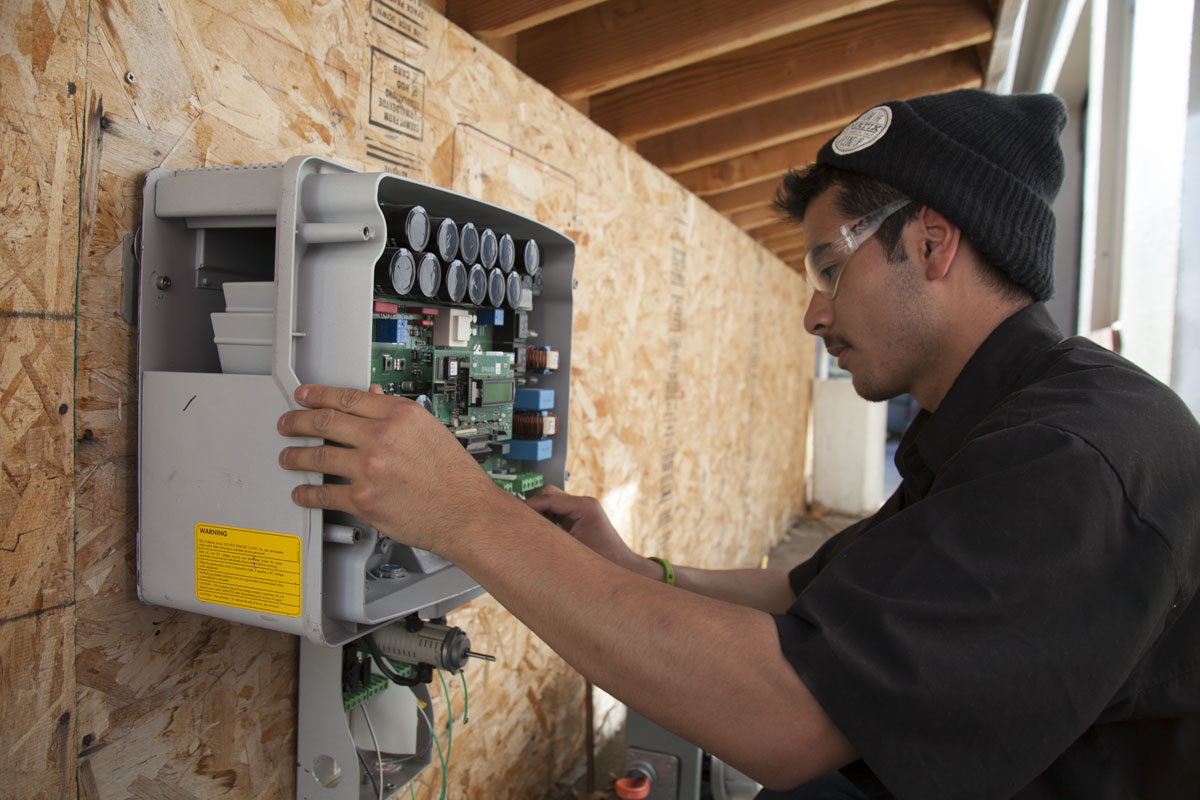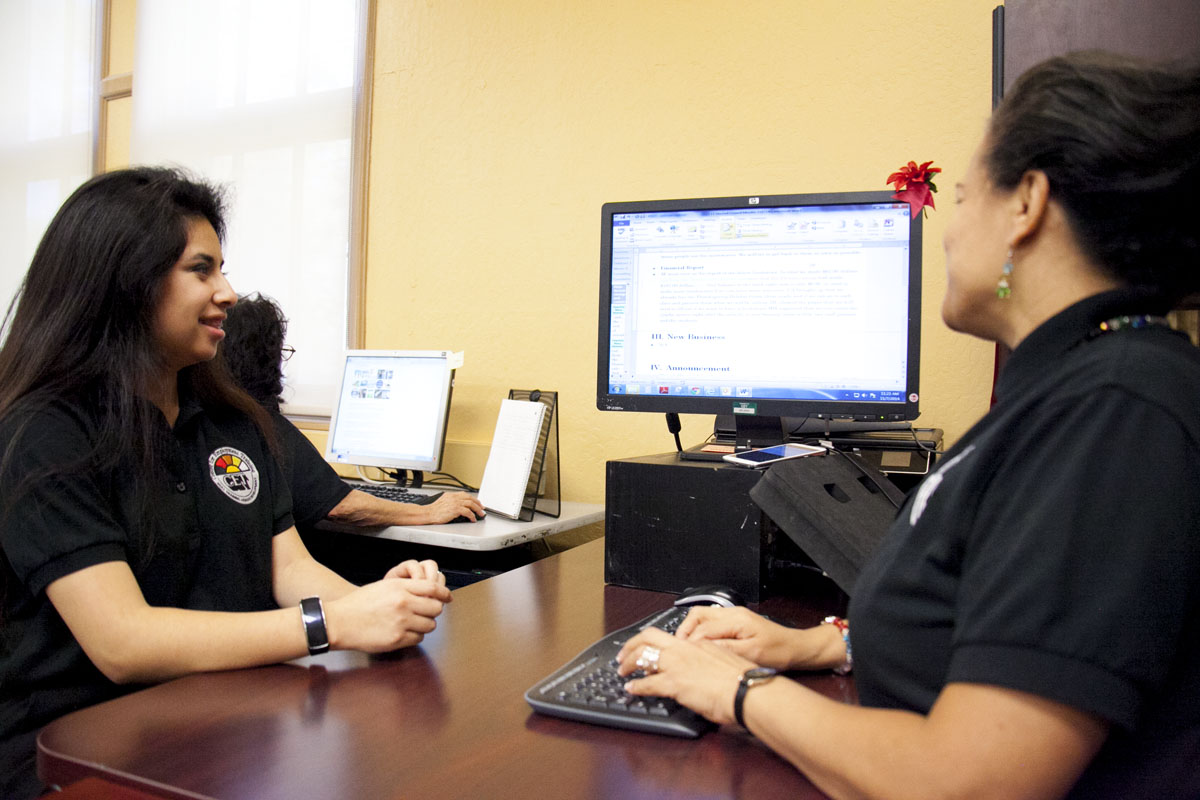Create Opportunity: Refer a Friend to CET
Whether you’re a current student or an alumnus, you know how important it is to choose the right place to get training. Your education is the...
3 min read
Center for Employment Training : Sep 4, 2024 11:00:00 AM

Medical Assistants (MAs) play a crucial role in the healthcare system, ensuring smooth operations within medical facilities and providing essential support to physicians and patients alike. At CET, our Medical Assistant program is designed to equip students with the skills and knowledge needed to excel in this vital profession. Our program is accredited by the Commission on Accreditation of Allied Health Education Programs (CAAHEP), ensuring that our training meets the highest standards in allied health education programs.
A Certified Clinical Medical Assistant (CCMA) plays a significant role in healthcare settings, and obtaining this certification is highly encouraged to enhance job opportunities and professional growth in the industry.
This blog post will delve into the curriculum of our Medical Assistant program and the scope of practice for MAs, providing you with a comprehensive understanding of what you can expect as a student and a professional in this field.
Our Medical Assistant program at CET is meticulously structured to cover both the clinical and administrative aspects of the profession. The curriculum of our medical assistant training program is divided into several key modules, each focusing on different facets of medical assistance.
The scope of practice for Medical Assistants varies by state and employer, but generally, MAs are responsible for a blend of clinical and administrative tasks. Here are some of the core responsibilities you can expect as a Medical Assistant:
Certified medical assistants play a crucial role in healthcare, handling both clinical and administrative duties. While certification is not always mandatory, it is highly recommended and often preferred by employers. Certification demonstrates a commitment to the profession and verifies that the MA has met national standards for competence. CET’s Medical Assistant program prepares students for certification exams such as the Certified Medical Assistant (CMA) and Registered Medical Assistant (RMA) exams. Additionally, the National Certified Medical Assistant (NCMA) credential focuses on working with patients and clinical duties, with specific requirements for obtaining this certification.
At CET, we are committed to providing a comprehensive education that prepares our students for successful careers as Medical Assistants. Our program is developed and taught by experienced professionals who have extensive experience in the healthcare industry and have created or instructed medical assistant programs. Our program combines theoretical knowledge with hands-on training, ensuring that graduates are well-equipped to meet the demands of the healthcare industry. With experienced instructors, state-of-the-art facilities, and a supportive learning environment, CET is the ideal place to start your journey in medical assistance.
If you’re interested in a career that offers both personal fulfillment and professional growth, consider enrolling in CET’s Medical Assistant program. For more information, visit our Medical Assistant program page and take the first step towards a rewarding career in healthcare.

Whether you’re a current student or an alumnus, you know how important it is to choose the right place to get training. Your education is the...

When you attend a trade school and complete a program, you are generally awarded a certificate or diploma to represent that significant...

Is your career school, trade or technical program actually preparing you for the real world? Does your resumé reflect your training with the...